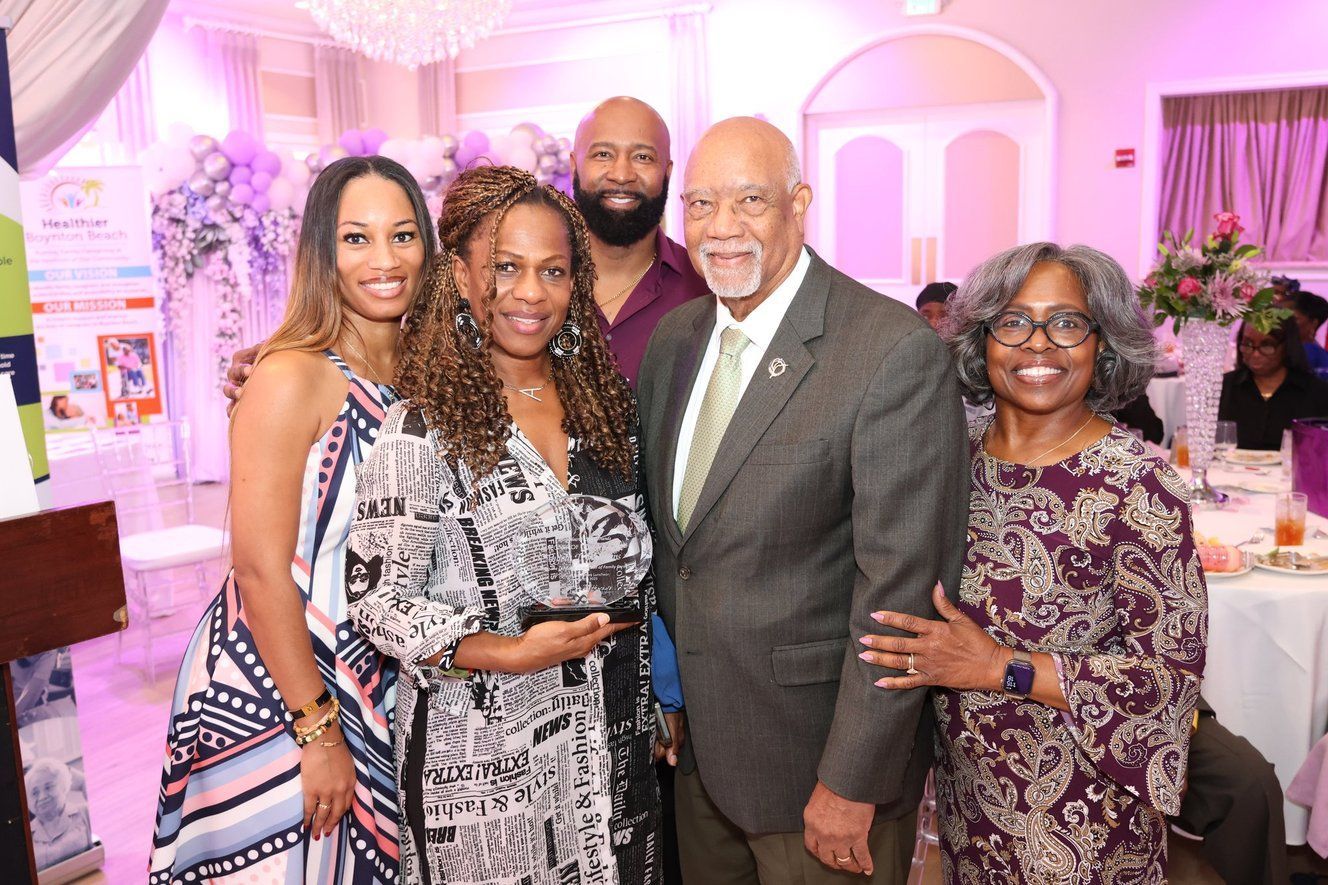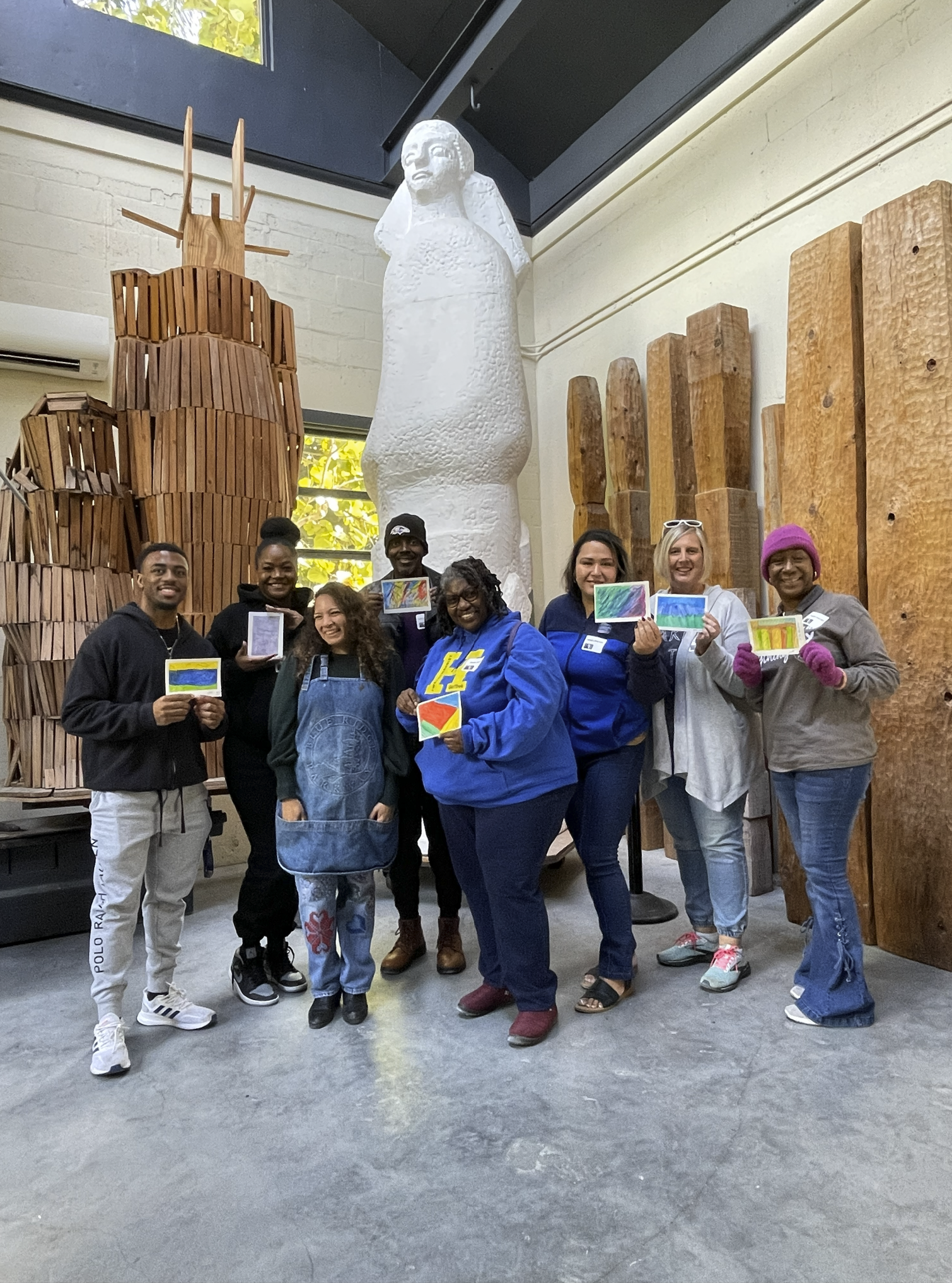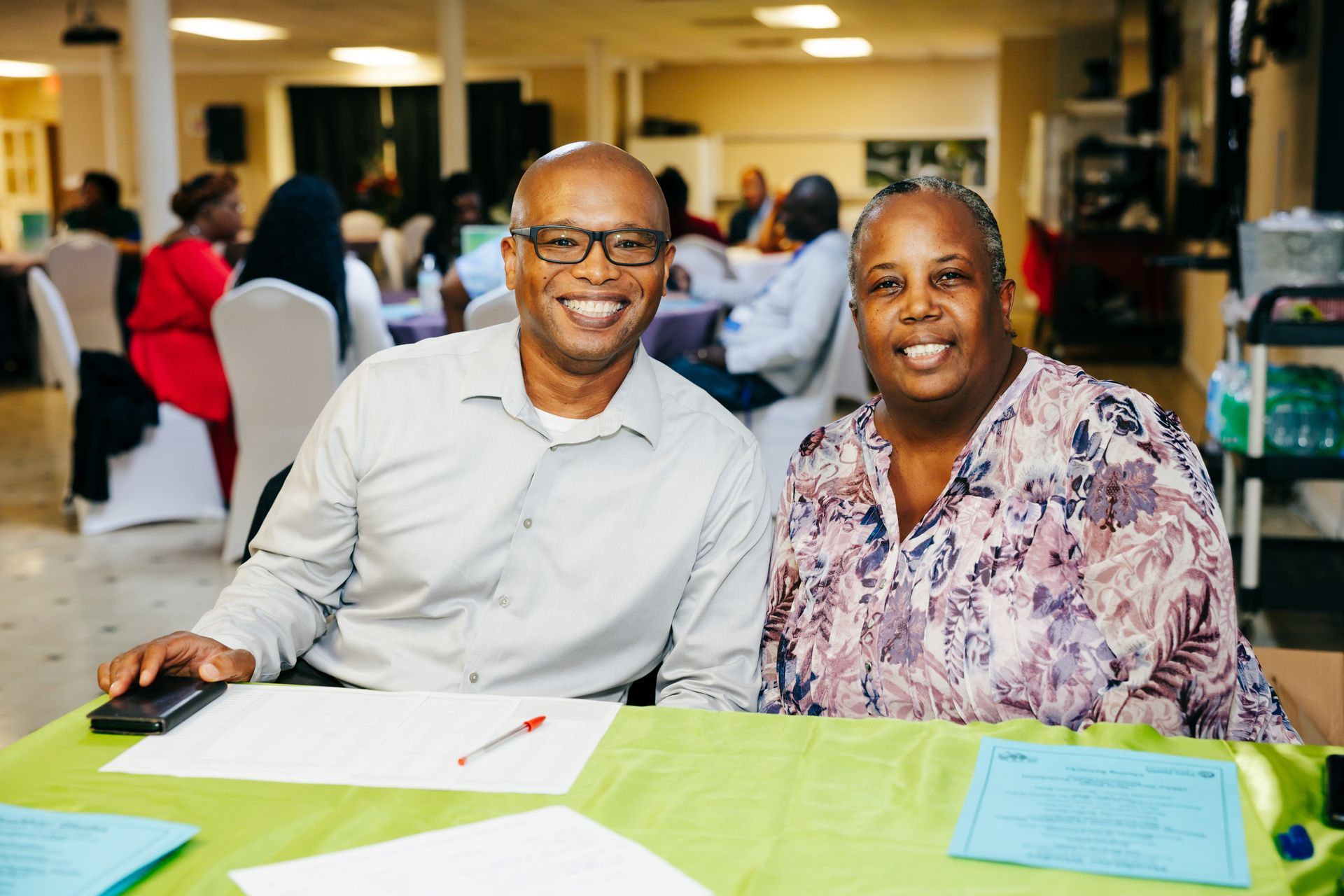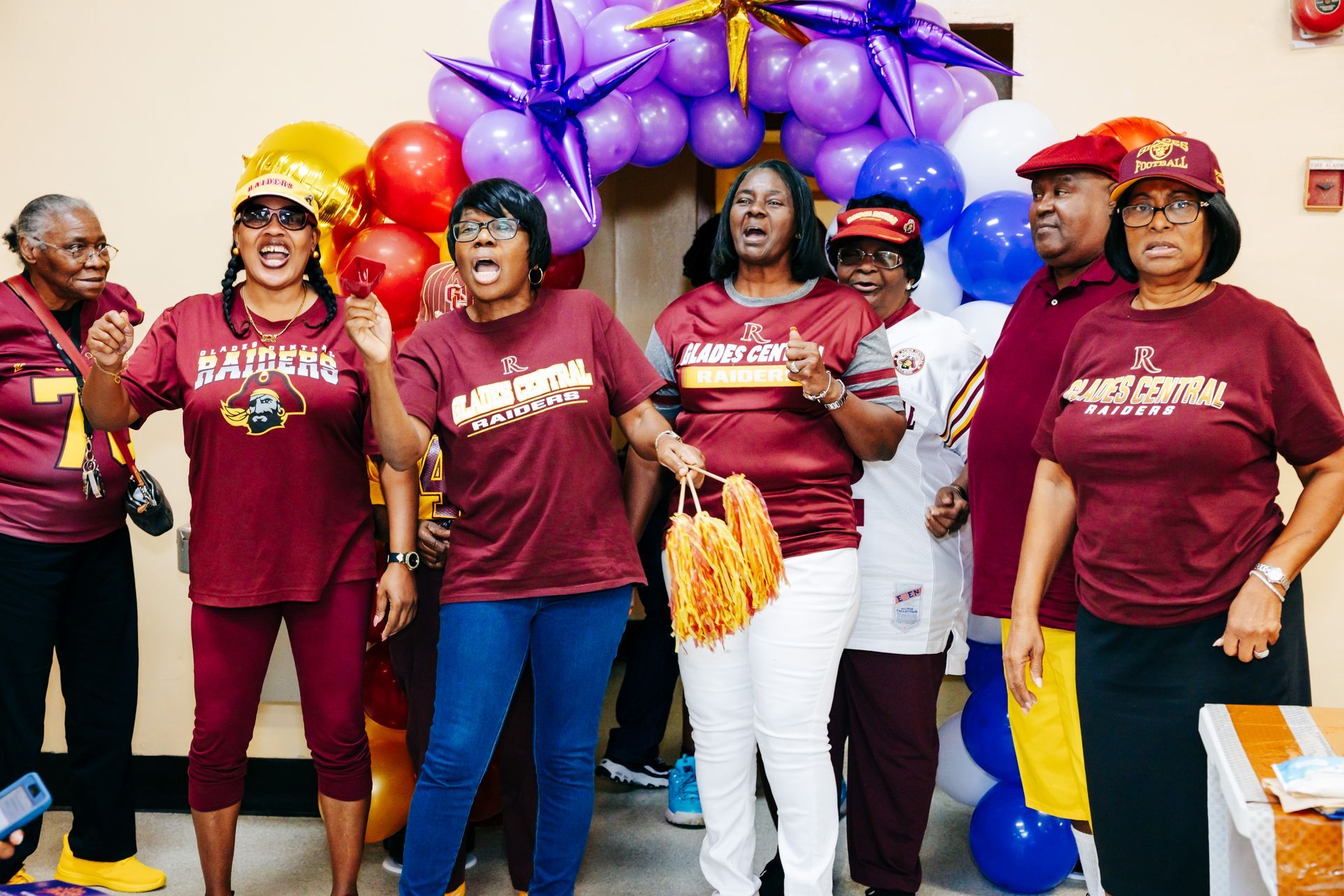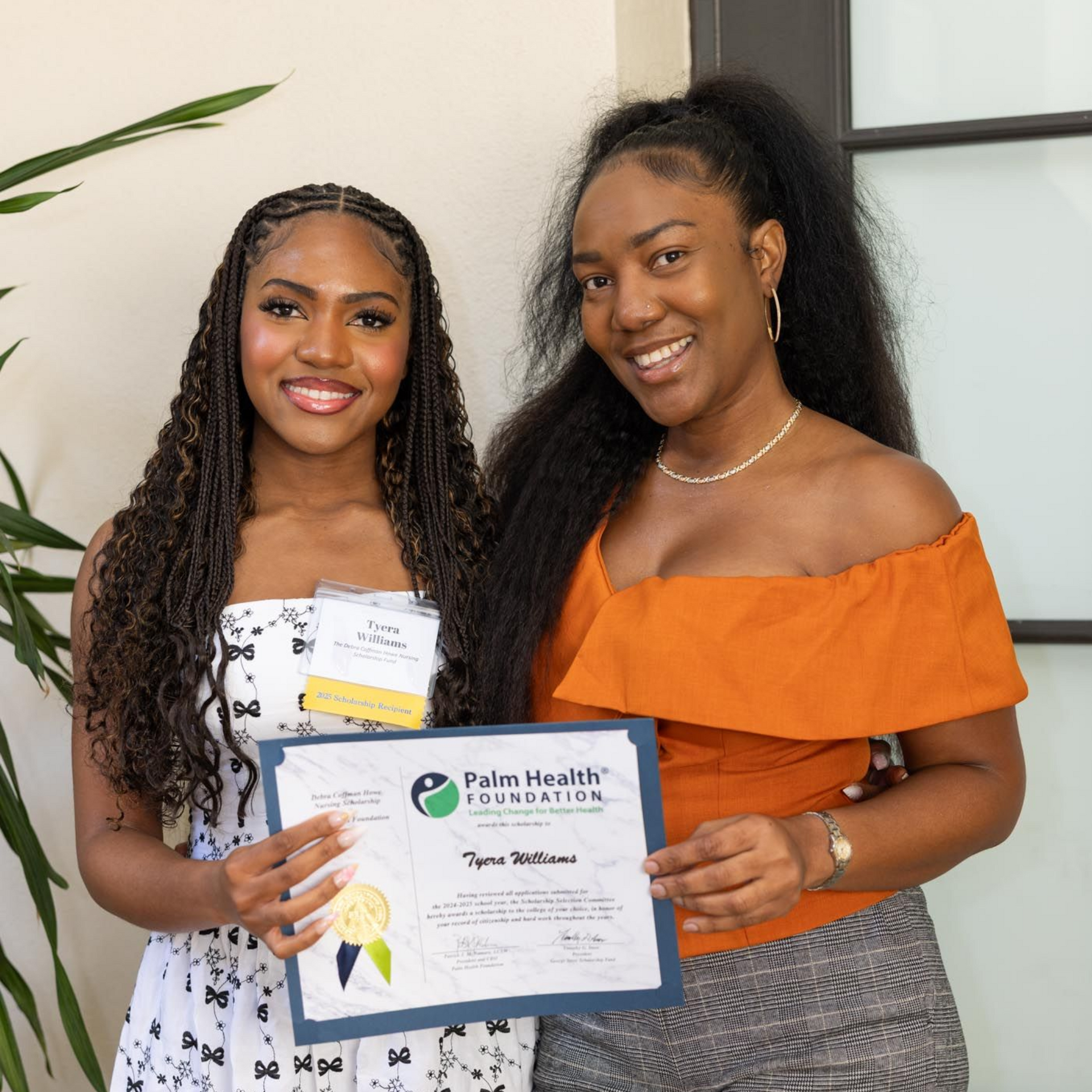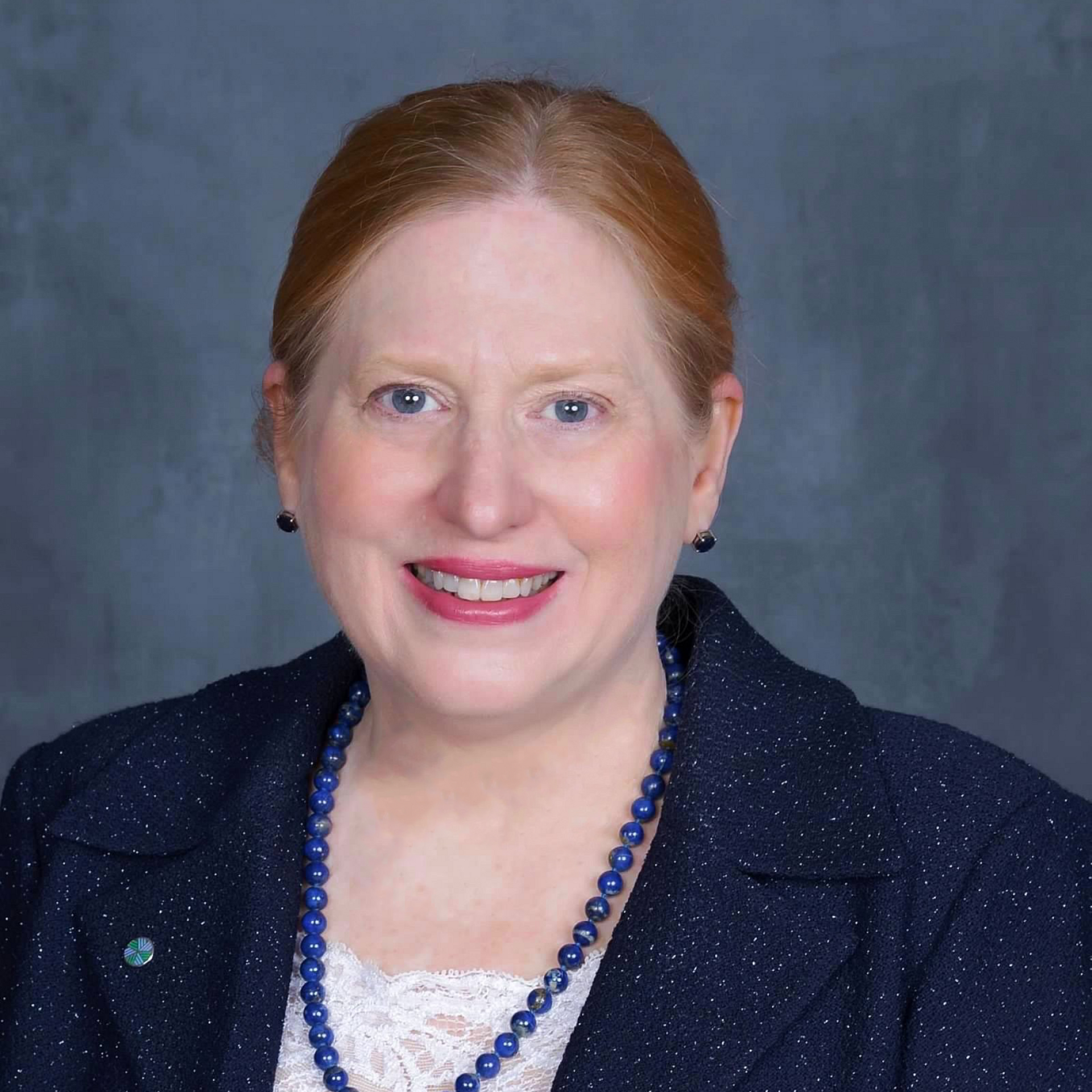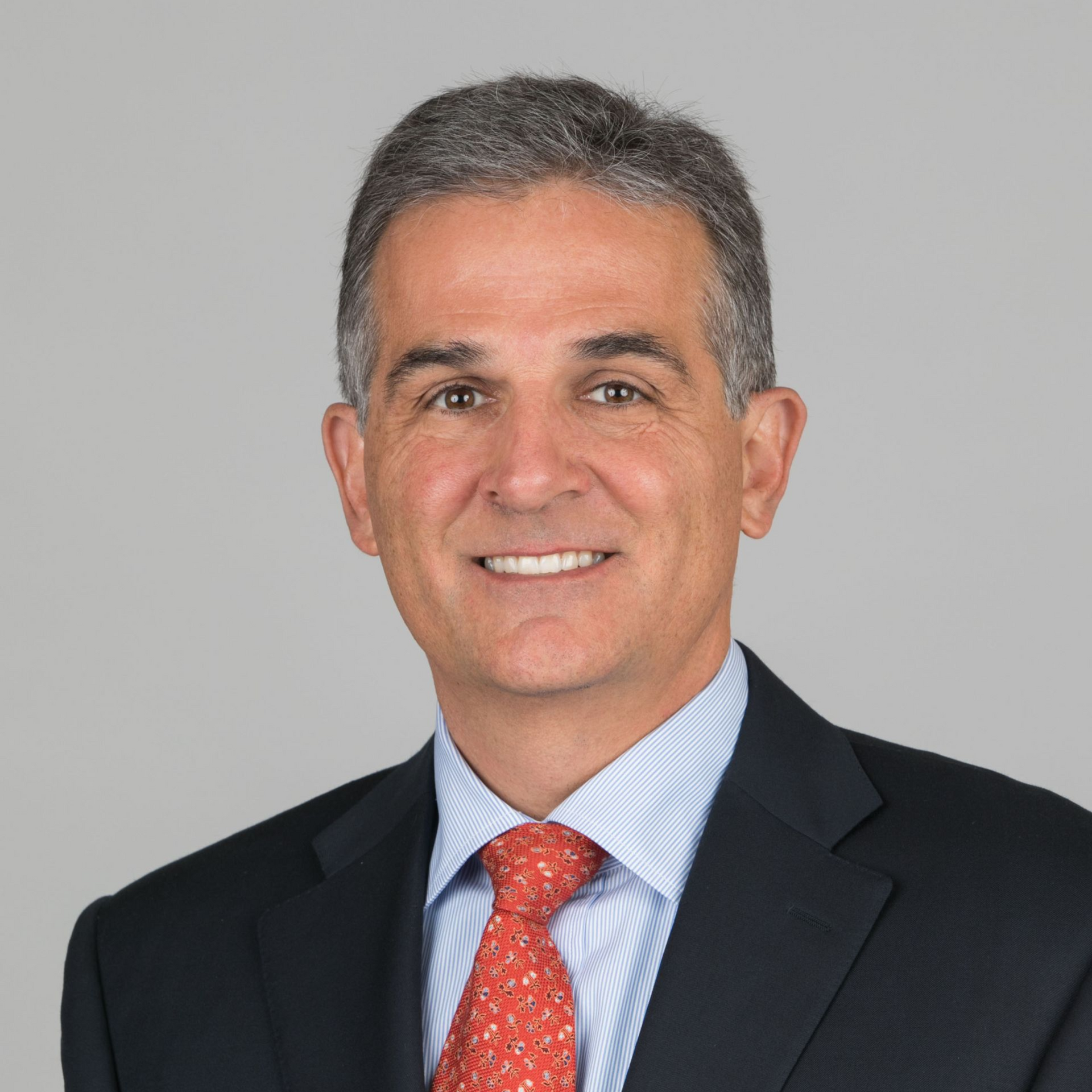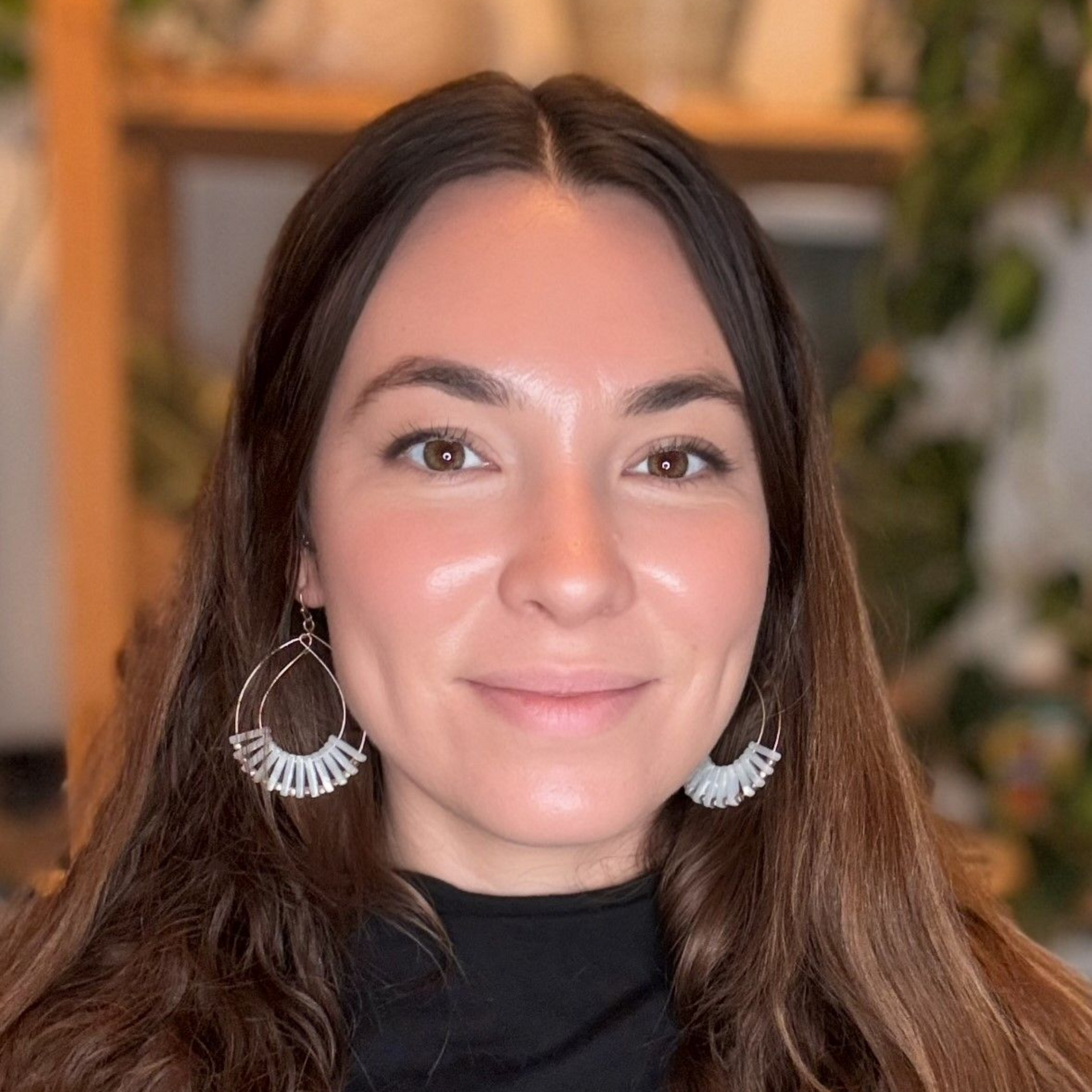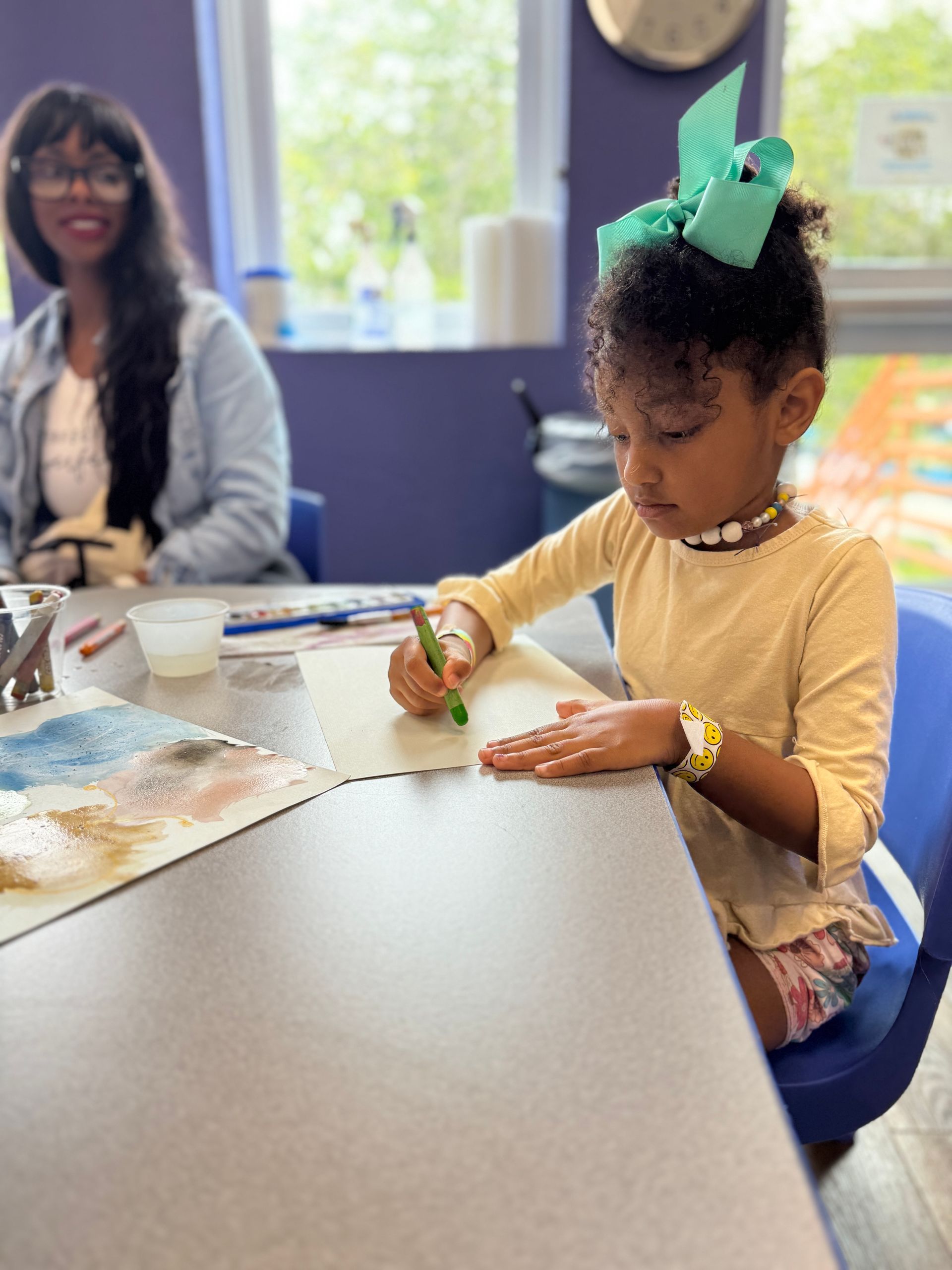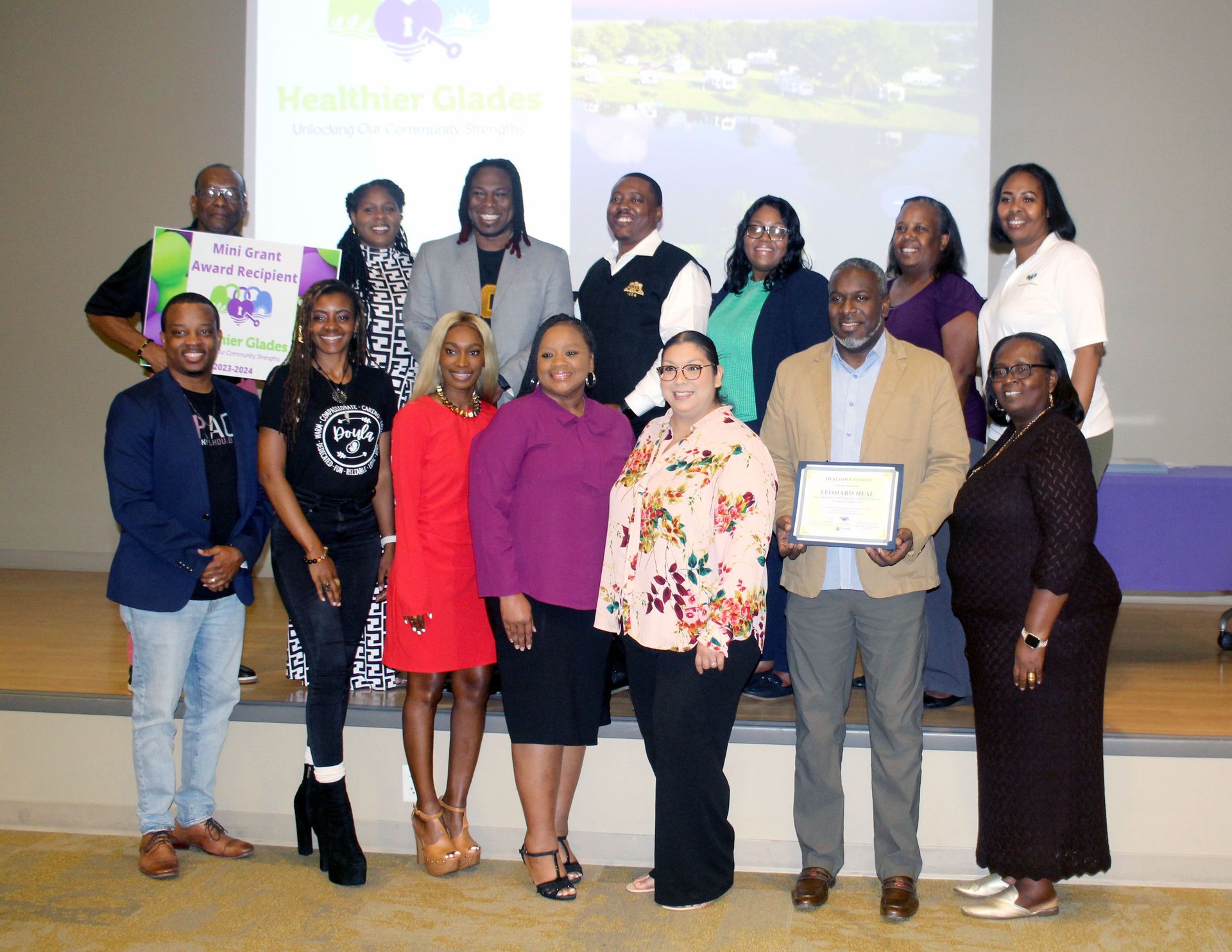From Scholarship to Service: How a Palm Health Foundation Nursing Scholar is Advancing Geriatric Memory and Wellness Care in Palm Beach County
Alice Brumley was a practicing nurse in 2020, when working in a hospital was a scary place to be. Receiving a scholarship from The Debra Coffman Howe Nursing Scholarship Fund at Palm Health Foundation enabled her to pursue her Doctor of Nursing Practice (DNP) with a focus in geriatrics feeling assured and supported during a dark period.
“The scholarship gave me certainty in an uncertain time,” Brumley said. “Nurses were leaving the field because of the COVID-19 pandemic. More than financial support, it was knowing that someone believed in me, and my community was supporting me.”
Brumley’s scholarship support advanced her path and her expertise in geriatrics, a field dedicated to supporting individuals through a stage of life often defined by its own unique uncertainties.
“I saw individuals suffering from strokes or dementia who were alone,” she said. “They were in a cycle of getting sick, returning to the hospital for long stays, and not understanding what medications they were on,” she said. “Navigating the system is so hard for us; imagine how it is for people with cognitive changes who don’t have any family close by.”
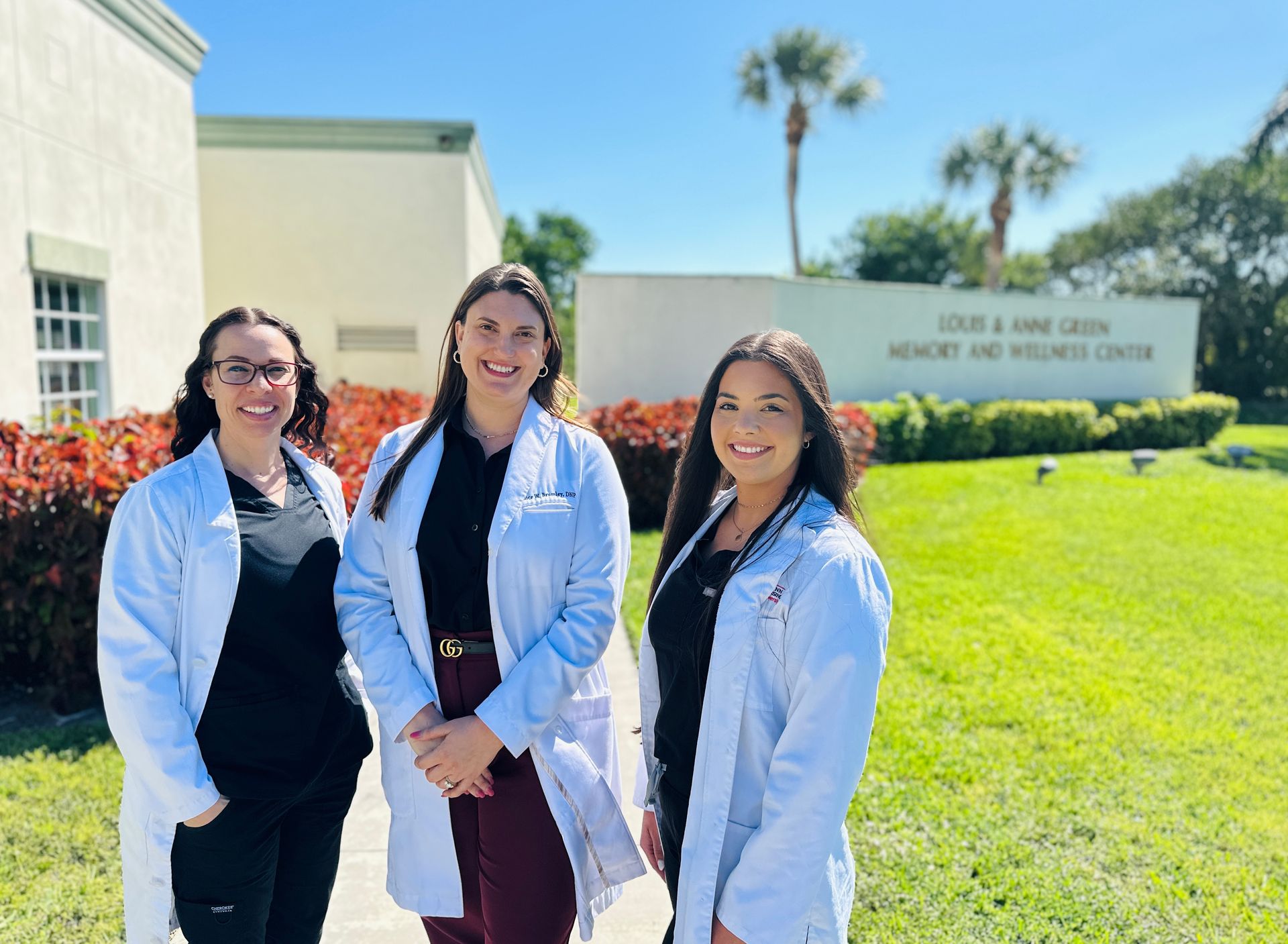
Brumley’s bedside experience, scholarship-funded DNP studies, and primary practice work prepared her for the leadership role she recently attained as the interim director of The Louis and Anne Green Memory and Wellness Center at FAU’s Christine E. Lynn College of Nursing. She is passionate about the center’s mission to meet the complex needs of persons with memory disorders, such as Alzheimer’s disease and related dementias, and their families.
The center provides individuals and their families compassionate and innovative programs of care, research, and education. Brumley sees a significant opportunity to tie the center’s vast offerings together with local neurologists, community organizations, and families to make the greatest impact at both the system and individual level.
“We have been doing so much community outreach and networking that it feels like a new chapter,” Brumley said. “We’re becoming a stronger network to support one another and share the most up-to-date information with our patients about research, clinical trials, treatment and new infusion therapies for Alzheimer’s disease, available resources, respite care, and how to navigate the system better.”
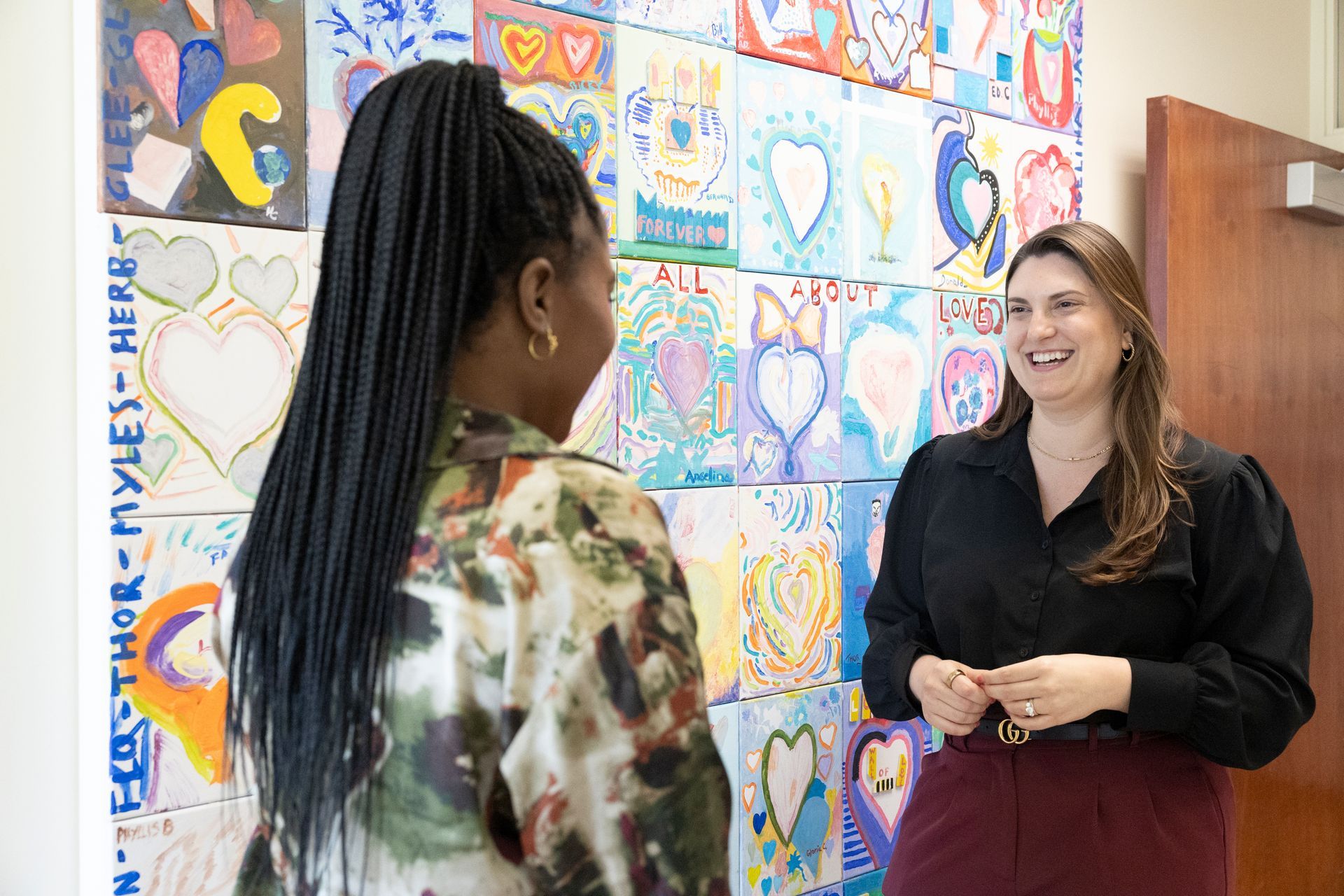
Early signs are showing positive effects on the center’s patients—and where opportunities remain.
“When people with mild cognitive impairment engage in all the necessary resources available, it makes a profound difference in either slowing their progression or improving their cognition,” Brumley said. “On the other side, we might see a patient a year later, and there is a decline in their condition. When we ask why, we often find that some barriers were as simple as the patient or family member needing to follow up on our referral. Now, we’re working to eliminate barriers by strengthening community partnerships and implementing warm hand-offs, ensuring the next steps are seamlessly handled rather than left to the patient.”
Brumley is deeply grateful for the scholarship that paved the way to her “dream job,” where she serves the community by supporting patients who still have so much life to experience and wisdom to share. It’s given her the ability to support seniors to have a better chance to enjoy their grandchildren, age in place, and share their legacies—some of Brumley’s most cherished moments.
“People at this life stage find fulfillment by sharing their wisdom," she said. "That's part of their healing. They gain from telling me their stories, but I'm gaining just as much."
